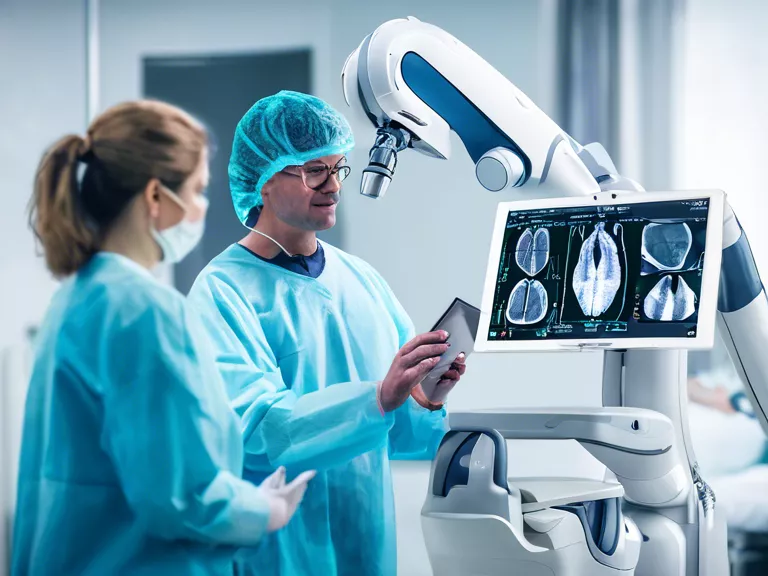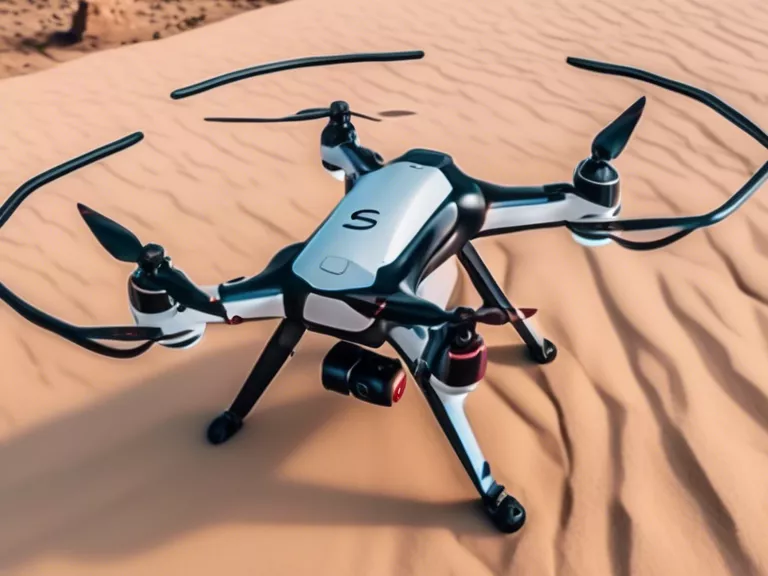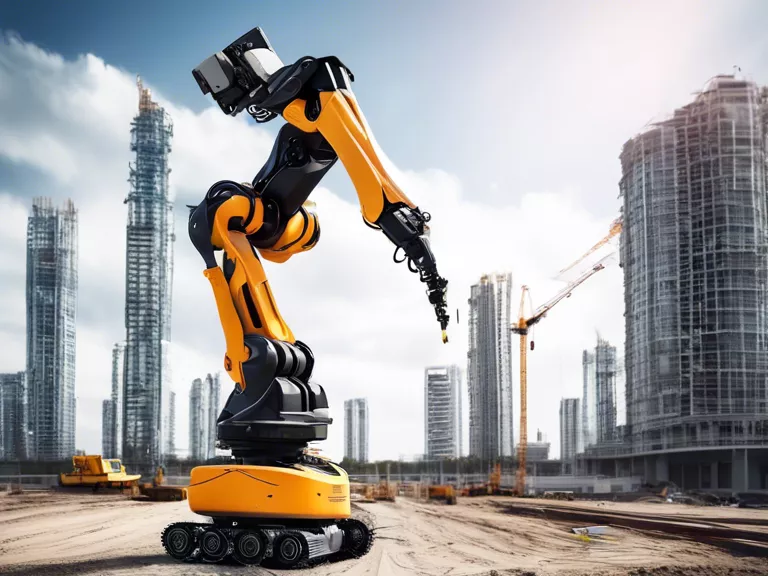
Artificial intelligence (AI) has revolutionized the field of robotic surgery, leading to better patient outcomes and improved surgical techniques. As AI continues to advance, it has the potential to enhance the accuracy, efficiency, and safety of robotic surgeries, ultimately benefiting patients.
One of the key ways AI is impacting robotic surgery is through machine learning algorithms that analyze vast amounts of data to identify patterns and make predictions. This allows surgeons to make more informed decisions during procedures, leading to more precise and effective surgeries. Additionally, AI can assist in preoperative planning, helping surgeons visualize the surgical site and anticipate potential challenges before entering the operating room.
AI-powered robots also have the ability to perform complex tasks with greater precision and dexterity than human hands. This can lead to fewer complications, shorter recovery times, and overall improved patient outcomes. Robots can be programmed to perform repetitive tasks with consistency, reducing the risk of human error and improving the overall quality of care.
Furthermore, AI can enable real-time monitoring during surgery, providing surgeons with valuable feedback to adjust their techniques as needed. This can lead to more successful outcomes and fewer complications during and after the procedure. AI can also assist in postoperative care, monitoring patient recovery and providing recommendations for follow-up care based on individual patient data.
Overall, the impact of AI on advancing robotic surgery is undeniable. By harnessing the power of AI, surgeons can provide more precise, efficient, and personalized care to their patients, ultimately leading to better treatment outcomes and improved quality of life.



